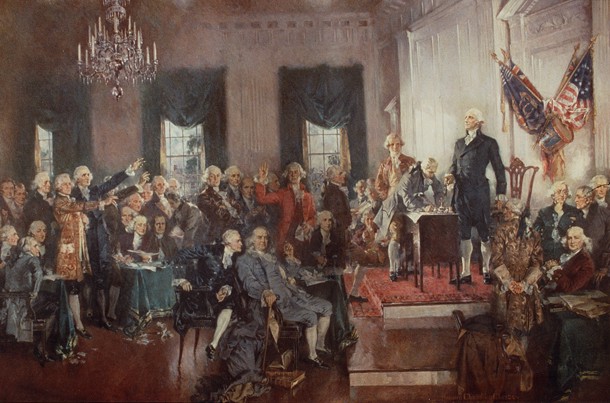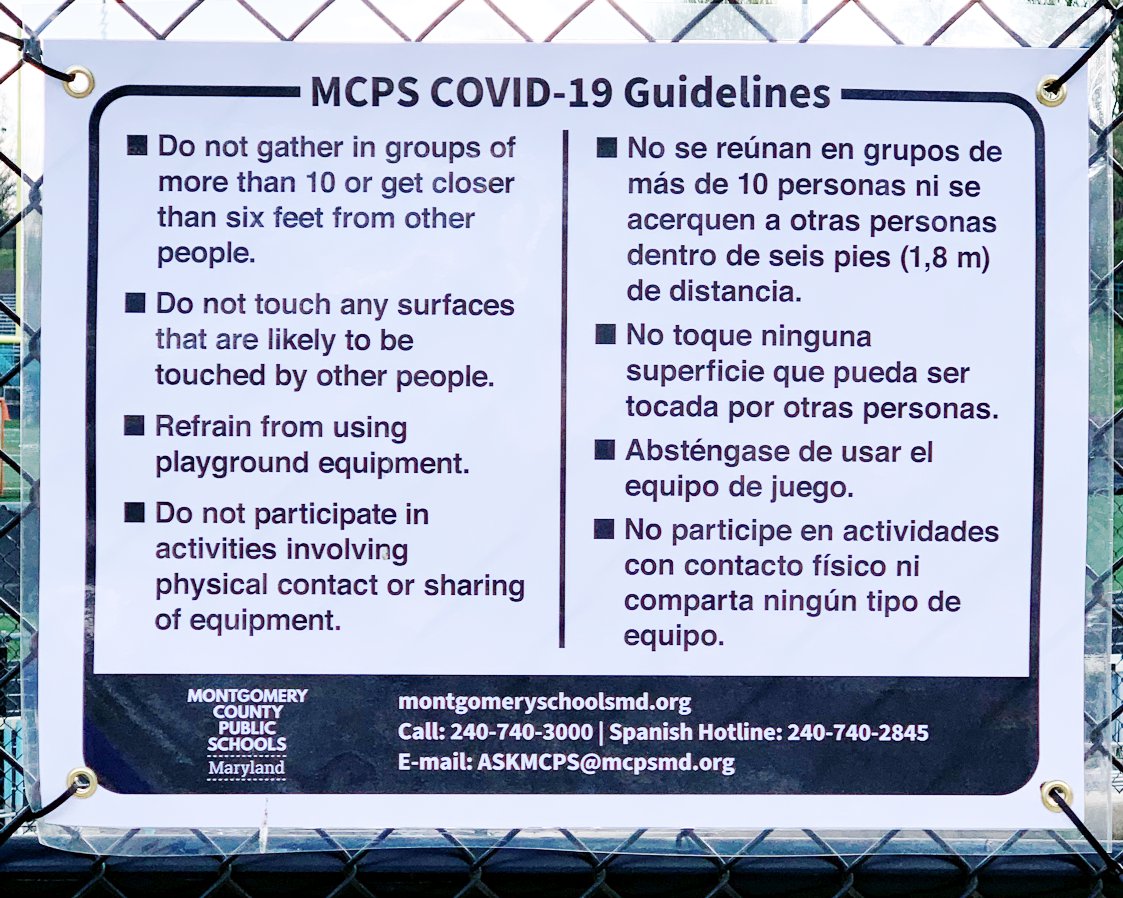By Reuben A. Guttman |
As a lawyer, I grew up in dusty warehouses, the repositories for massive document reviews. I tore through boxes, often disappointed to find reams of computer runs, no doubt the product of a twentieth-century printer that pecked out letters one at a time. I drafted my first complaint on an IBM Selectric II typewriter, hitting the whiteout key repeatedly with my index finger, often erasing entire sentences at a time. I walked that complaint to the federal courthouse in Pittsburgh, Pennsylvania, wrote out a check from my personal account, and received the file stamped copy. Back in the days of the “notice pleading,” my eleven-page masterpiece was a triumph.
For young lawyers, this may seem like the practice of a different age. For veteran attorneys, it was yesteryear. In my lifetime, technological changes have rewritten the rules of litigation and trials.
The days of the dusty warehouses are gone. Documents arriving on zip drives are uploaded to a platform enabling a lawyer to lay in bed at night and access millions of pages of potential evidence on a two-pound iPad or small iPhone.
With iPhones, virtually every person, from every corner of the earth, can be videoed, photographed, or audio-recorded at a moment’s notice. Spontaneous comment, once pried loose through deposition testimony, is now recorded for posterity on Twitter feeds, Facebook newsfeeds, LinkedIn profiles, Instagram accounts, and emails. What should never have been can now be undone using a website called Wayback Machine that reveals original drafts of online information.
Of course, few people walk their complaint to the courthouse anymore for filing. That too is done electronically. Today, the only place one can find an IBM Selectric II is perhaps at a yard sale or in a Smithsonian Institution warehouse. The skilled typist, whose hands once danced on typewriter keyboards, are no longer necessary for big litigation. Lawyers can research, draft, edit, and file their pleadings directly from the confines of a tiny laptop computer, even while sipping coffee at the neighborhood coffeehouse.
The opportunities for young lawyers to hang a shingle and be a voice for the voiceless are almost infinite. The overhead of having a law library, a secretary, or a runner to file papers in court has vanished. Even where cases require more than one lawyer so that legal thought can be second-guessed, practice norms have changed. Today, smaller firms and solo practitioners join forces for a case or joint venture with other firms. Because individual lawyers can now represent those in need without the support of a big enterprise, training individual lawyers to put together and litigate cases is an even more empowering endeavor. Newly minted lawyers can no longer complain about employment prospects. A licensed law school graduate with the right training should be ready to represent clients. There is currently no dearth of those in need of representation. It is the job of law schools and legal educators to provide lawyers and would-be lawyers with practical skills.
Contemporary litigation is not just about new opportunities, it is also about how we investigate and try cases. Along with advances in technology, the United States Supreme Court has imposed procedural changes that front-load litigation, requiring lawyers to gather fact-specific evidence for the pleading stage. In the Iqbal and Twombly decisions, the Supreme Court eliminated the age-old notice pleading standard. After these opinions were issued, plaintiff lawyers feared lacking the necessary information to meet the new standards. Yet, information readily available on the Internet from LinkedIn, Facebook, Instagram, Twitter, and chat rooms continually provides data and information to would-be litigants before discovery even begins. Company policies, government standards, and the standards of well-known oversight entities like the Joint Commission of the Accreditation of Hospitals need not be accessed through a trip to the library and searching the stacks: they can be pulled up on an iPhone while watching a baseball game.
In his autobiography, My Life in Court, the great trial lawyer Louis Nizer talked about litigation as a game of probability. Witnesses are put on the stand and testify to an event or chain of events. While their testimony may be truthful, it may not be accurate. Memories are flawed and witnesses view events from a particular vantage point, often not incorporating a scene’s entirety.
One wonders if Nizer—who passed away in 1994—would view things differently today. iPhone videos, photographs, audio recordings, and emails memorializing real-time recollections eliminate jury guessing games and reduce the need for witnesses. Does counsel really need eyewitness testimony of a car accident also captured on an iPhone? In a theoretical sense, just as automation has taken workers off the production line, technological innovation has taken witnesses off the stand.
To keep up with the times, we need to adjust teaching methods. Trial advocacy programs often start by teaching students the art of direct and cross-examination, followed by openings and closings. Why not begin training by requiring that students try cases using only documents, videos, photographs, and audio recordings? This forces students to learn the evidentiary rules of relevance, hearsay, and authentication as well as the art of openings and closings. For their first mock trial, prohibit students from calling witnesses; make them try the case using non-testimonial evidence. Then have them retry the same case with witnesses. This approach is the legal equivalent of the basketball coach making players practice with their weak hand or the ice hockey coach having players scrimmage with their sticks turned upside down.
Forcing students to focus on exhibits also teaches them how to select, or better yet de-select—perhaps from a trove of electronic information—exhibits that nail the case. In an era of abundant information, the skill of exhibit de-selection is critical to avoid going down a rabbit hole and losing the decision maker.
Front-loaded litigation, caused by pleading rules changes, requires that students think about evidentiary rules during case development and investigation. Here are some rules to stress:
- FRE 201 (Judicial Notice of Adjudicative Facts). So much available online information meets FRE 201 requirements. Challenge those in trial advocacy programs to look outside the case file for industry standards or other usable evidence. This not only teaches students about the rule, it encourages curiosity, creativity, and thinking outside the box.
- FRE 801(d)(2) (An Opposing Party’s Statement). Simply teaching students about opposing party statements is not enough. In an age when opposing party statements are common, students must also learn this rule’s broad utility. Think about emails, PowerPoint presentations, LinkedIn, Facebook, and Tweets.
- FRE 901 (Authenticating or Identifying Evidence) and FRE 902 (Evidence that is Self-Authenticating). Teach students that if evidence is one, relevant under 401; two, not excluded under 403; three, not hearsay under 801(d); or four, meets a hearsay exception under 803, then the 901 and 902 authentication rules are the gateway for presenting evidence without a witness in court. FRE 902(13) and (14) even contemplate the mechanisms to authenticate electronic data.
- FRE 1006 (Summaries to Prove Content). In an age of more information than we know what to do with, consider FRE 1006 the “sleeper” of the Federal Rules of Evidence. It allows the presentation of data summaries to the court and/or the jury. Remember the movie The Rainmaker where the young lawyer, played by Tom Cruise, presents Great Insurance Company’s CEO with a foot-thick computer run of wrongfully denied claims? FRE 1006 permits summary usage in lieu of burdening the jury with a multitude of documents detailing the same thing. FRE 1006 may also eliminate the need for expert testimony from economists and accountants who will do nothing more than summarize and add up numbers.
Most importantly, we as teachers need to keep up with changes, adjust our methods, and maintain student engagement.
Reuben Guttman is a founding partner of Guttman, Buschner & Brooks, PLLC, in Washington, D.C. Read more of his On the Rule of Law columns here.



